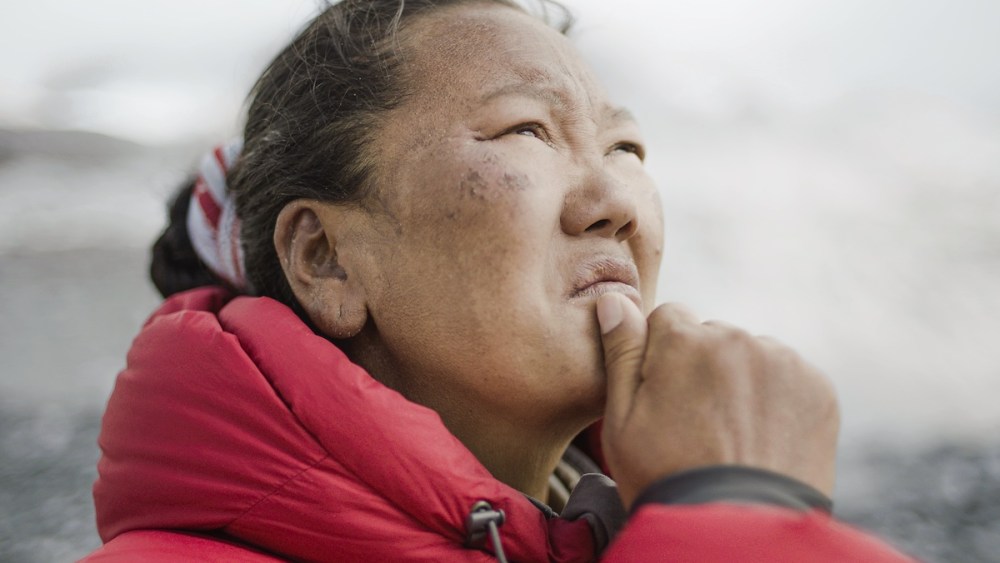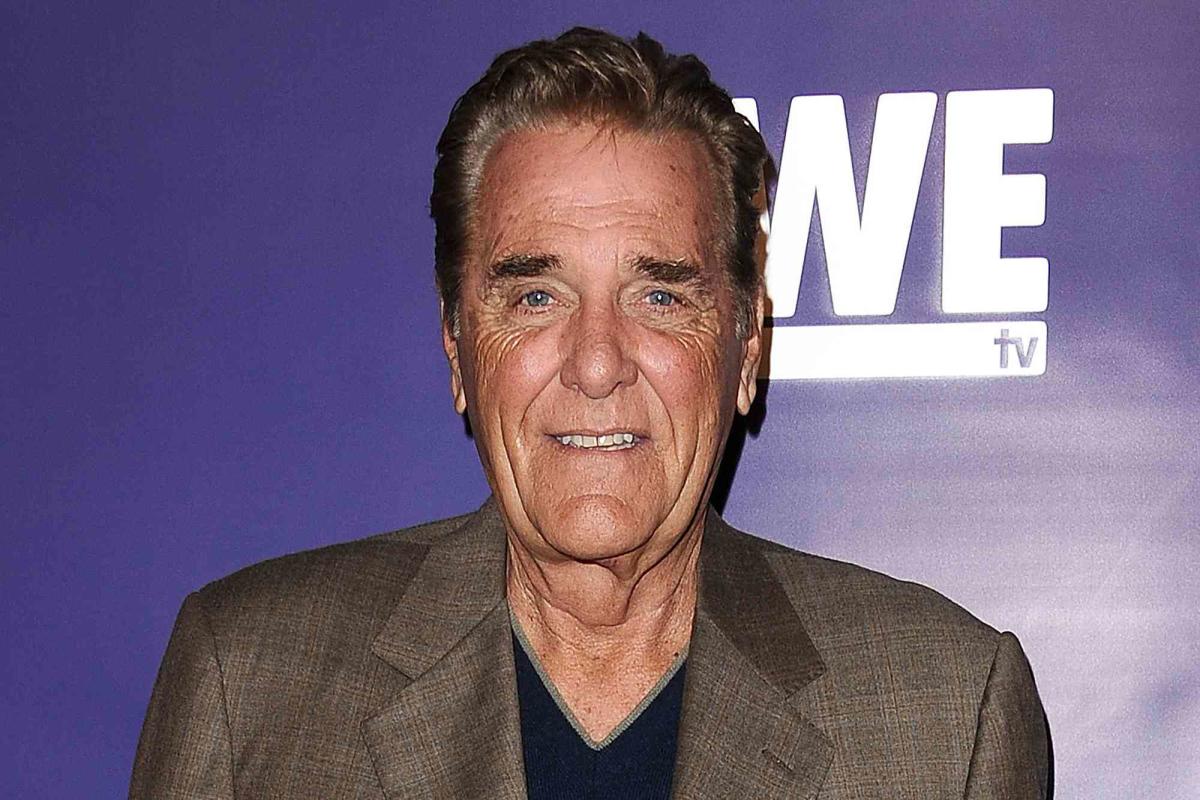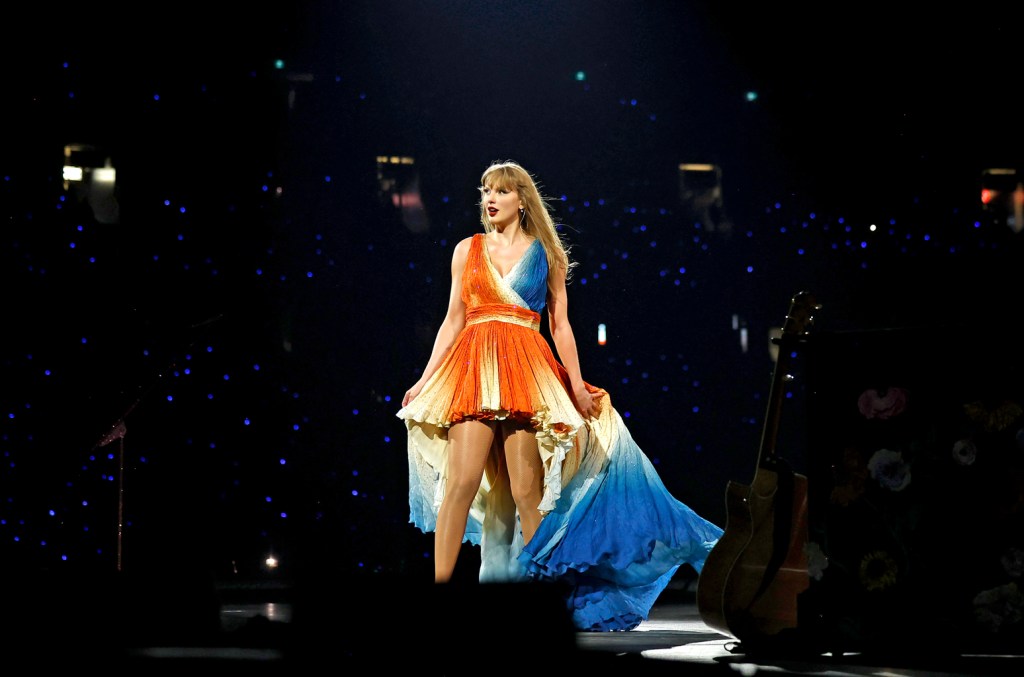Oscar-nominated documentary filmmaker Lucy Walker began a panel discussion on Saturday about stories that travel by describing her own wanderlust backstory.
“As a girl growing up in London, I didn’t have enough money to travel. And I didn’t think being on vacation was the most interesting way to see the world. And yet I really wanted to travel and work and understand people, so I designed a job for myself making documentaries where I could travel the world,” said Walker, who attended the International Film Festival of India in Goa earlier this year arrived. week won another prize, in New York, for her Nepali story ‘Mountain Queen: The Summits of Lakhpa Sherpa.’
“When I make a film, I always have a question, a question where I drop everything to find out: what is going to happen? Will they be able to climb the mountain? Will they be okay?,” Walker continued.
She was speaking on a panel along with writer and commissioner Farrukh Dhondy, producer Anna Saura, actor Tannishtha Chatterjee, actor and activist Vani Tripathi Tikoo and veteran producer Bobby Bedi.
After suggesting that most filmmakers in India do not think beyond national boundaries, Bedi sought to break down the components of cross-border storytelling into content and structure.
“Some stories will always have an international audience, those about displacement, romance, close family relationships – we understand them all. [and which are epitomized by] ‘Monsoon Wedding’ by Mira Nair. Then there is the shape,” Bedi suggested.
He tried to provoke a response by describing “Avatar” as “a little tribal story” told on a multi-million dollar scale.
Walker was the only speaker to explore the issue of scale with Bedi. “People often come to me and say: this is a very important topic. Please make a movie about it. I’ve made that mistake a few times. But I’ve really learned that if I take a big subject and try to make it into a movie that people want to see, it’s a very uphill battle,” Walker said. “That’s because stories are inherently our story. We care about people, follow them and can get involved. It’s so much easier to take care of one person than many people.”
Tikoo also tried to define the meaning of storytelling. “Stories are actually things that know no boundaries. They reach out to each other for love, emotion, sadness, sorrow [..] They can be in any language, they can be in any country, but it will be the language of that universality that speaks to each other, whether the form is theater or film or pure writing. It could be pure gold,” she said.
Dhondy offered the most elevated analysis of the issue, alternately citing Indian mythology, Greek mythology, veteran Indian actor and filmmaker Raj Kapoor and the iconic Satyajit Ray.
“Kapoor’s films were about how the farmers, the urban poor, fought for their existence, fought for progress. The villains were always the men in suits. His films did not win prizes in St. Petersburg or Moscow, but in the poorer places where they could identify with the peasantry of the Soviet Union,” he said.
Dhondy was also the most acerbically political of the panellists. “Sanskrit says that all humanity is one family. But I would rather not be part of the same family as Trump or Netanyahu,” he said at one point.
Chatterjee explained the difference between storytelling in India and abroad. “India is very television friendly. Theatrical cinema is loud and festive. It’s very clear. In the West, emotions are more subtle,” she said. “But the more they can be local and specific [combine] a universal theme, the more they can travel.”
Dhondy summarized the local versus universal dichotomy that several speakers pointed out and caused hiccups and laughter with his sting in the tail.
“That universal theme is perhaps best illustrated not by a movie, but by a song, a genre of song called reggae. Bob Marley’s songs are extremely specific to Trench Town [Jamaica]. But when Marley says, “No Woman, No Cry,” everyone in the world understands what he’s talking about. When he says, ‘Get up, get up. Stand up for your rights,’ even someone like Elon Musk thinks he’s standing up for his rights and fighting the unions because I have to be a billionaire.’


